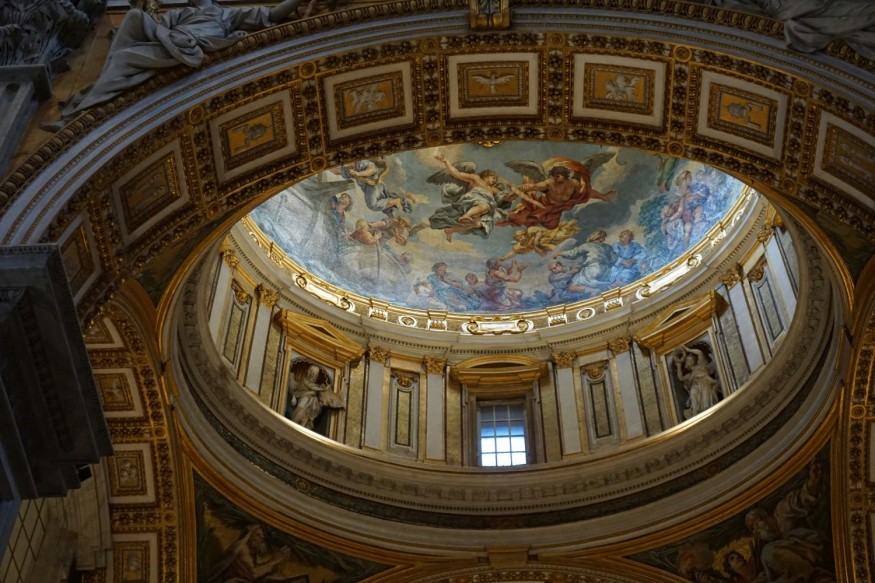Vatican Museums Workers File Complaint Against Administration for Unsafe Conditions and Inadequate Pay

Nearly 50 employees at the Vatican Museums have taken a bold step by filing a class-action complaint against Pope Francis's administration, alleging unsafe working conditions and inadequate pay. The workers, primarily custodians, assert that they are treated as "commodities" within an institution where labor regulations undermine their dignity and health, as the Corriere della Sera reports.
Grievances and Concerns
The complaint, dated April 23 and disclosed to Italian news outlets over the weekend, highlights issues such as insufficient overtime pay and concerns regarding health and safety. These risks are purportedly exacerbated by cost-saving measures implemented at the museum, including reduced security at popular tourist sites. Attorney Laura Scrò, representing the petitioners, expressed her belief that more employees would join the complaint as it enters an obligatory conciliation process with the Vatican, which prohibits unions.
Calls for Reform and Transparency
Scrò emphasized, "If the conciliation goes badly then we go to court." The employees advocate for greater transparency in promotion procedures, the reinstatement of seniority bonuses, and a sick leave structure more aligned with Italian standards. Employees are required to stay home for the entire day if unwell, rather than just a few hours, as someone may visit to verify their illness. They say this policy changes their recovery and puts unnecessary strain on them and their families. Besides, the unclear promotion procedures have sometimes caused the staff to be confused, which thereby results in frustration and demotivation. The reinstatement of seniority bonuses is regarded as a just reward for the employees' steadfastness and faithfulness to the institution that was spared from the years. These disgruntlement call for the fact that the Vatican Museums go through a complete reform of its organization to make the employees of this institution be paid fairly and be treated with high respect.
Legal Recourse and Past Instances
Under Vatican labor regulations, the institution has 30 days to respond to the complaint. Failure to address the grievances within this period allows Scrò to escalate the matter to the Vatican's labor office for negotiation, potentially leading to a tribunal. However, Scrò noted that the office is not obligated to hear the case, leaving employees with limited legal options.
Past instances involving working conditions at the Vatican Museums have prompted discussions about recourse to the European Court of Human Rights. The Holy See, the main bureau of the Catholic Church, is not a member of the court, but it showed its willingness to respect the European human rights law by signing the EU monetary convention in 2009.
The Vatican Museums, one of the primary earners of the Vatican, still face the financial problems of the Covid shutdown and restrictions. This year, the price of the entrance tickets to the museums went up from 17 euros to 20 euros ($21. 50), meaning that the museums are taking measures to stabilize their finances coming up with difficulties. These financial problems and the workers' complaints prove that the famous cultural institution is among the world's most complex cultural institutions.













